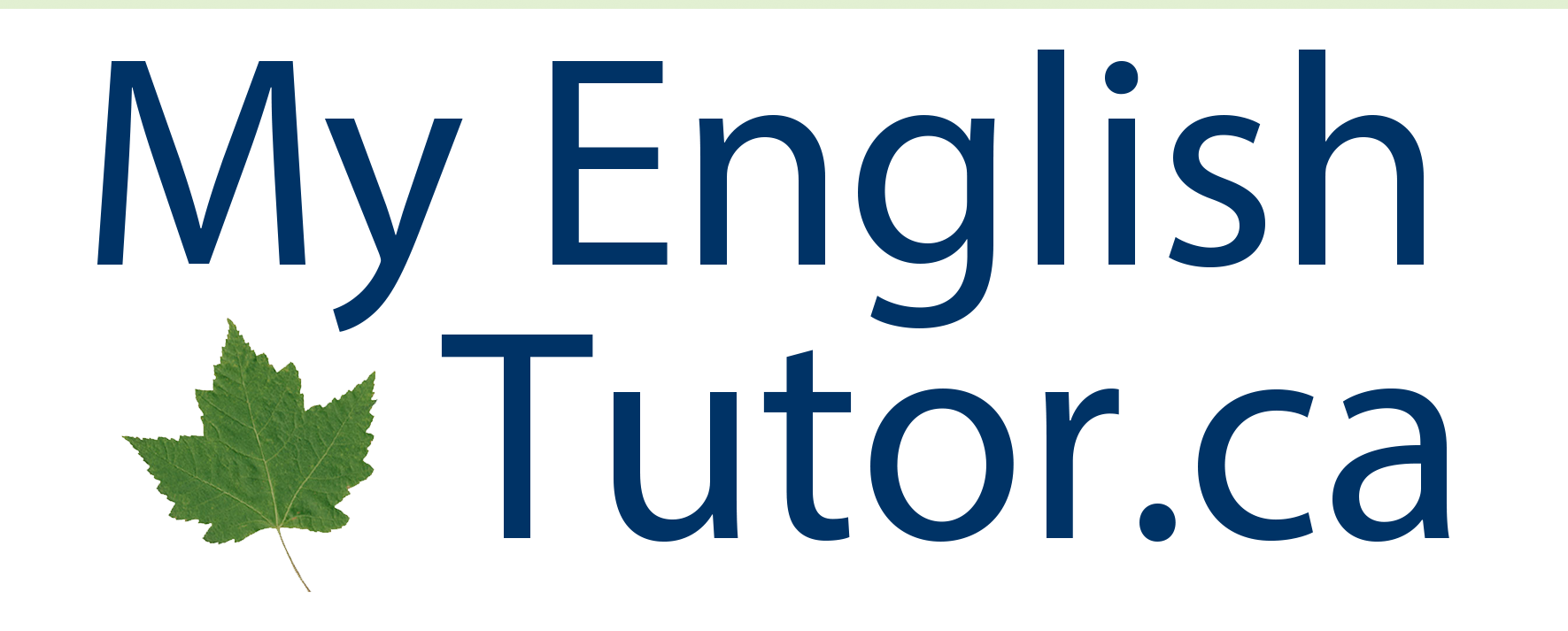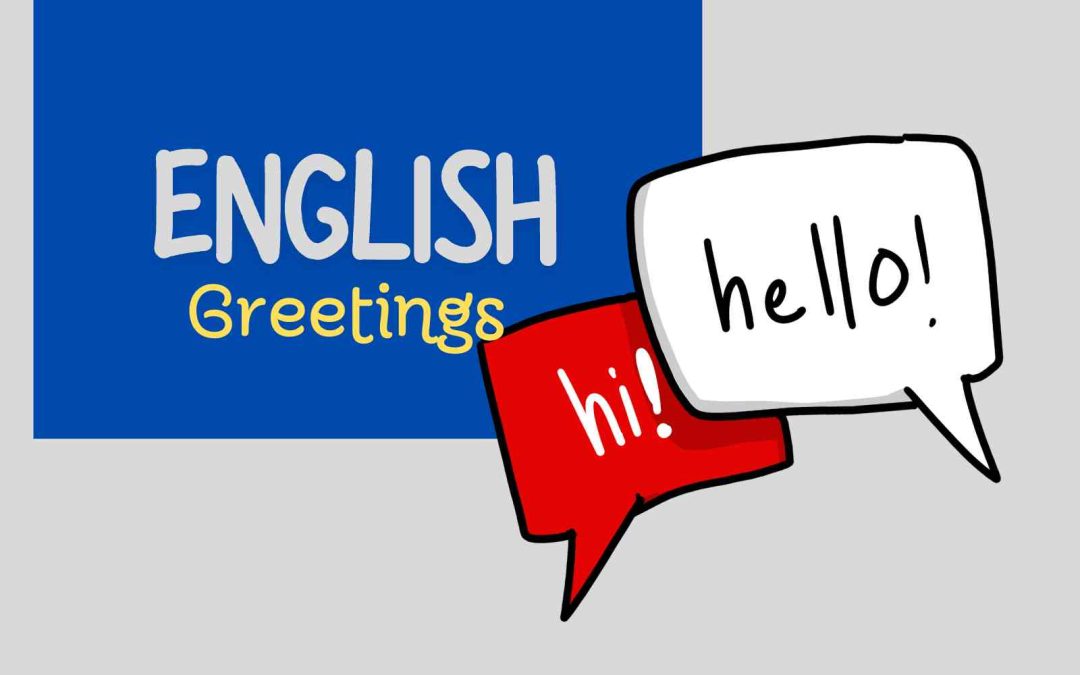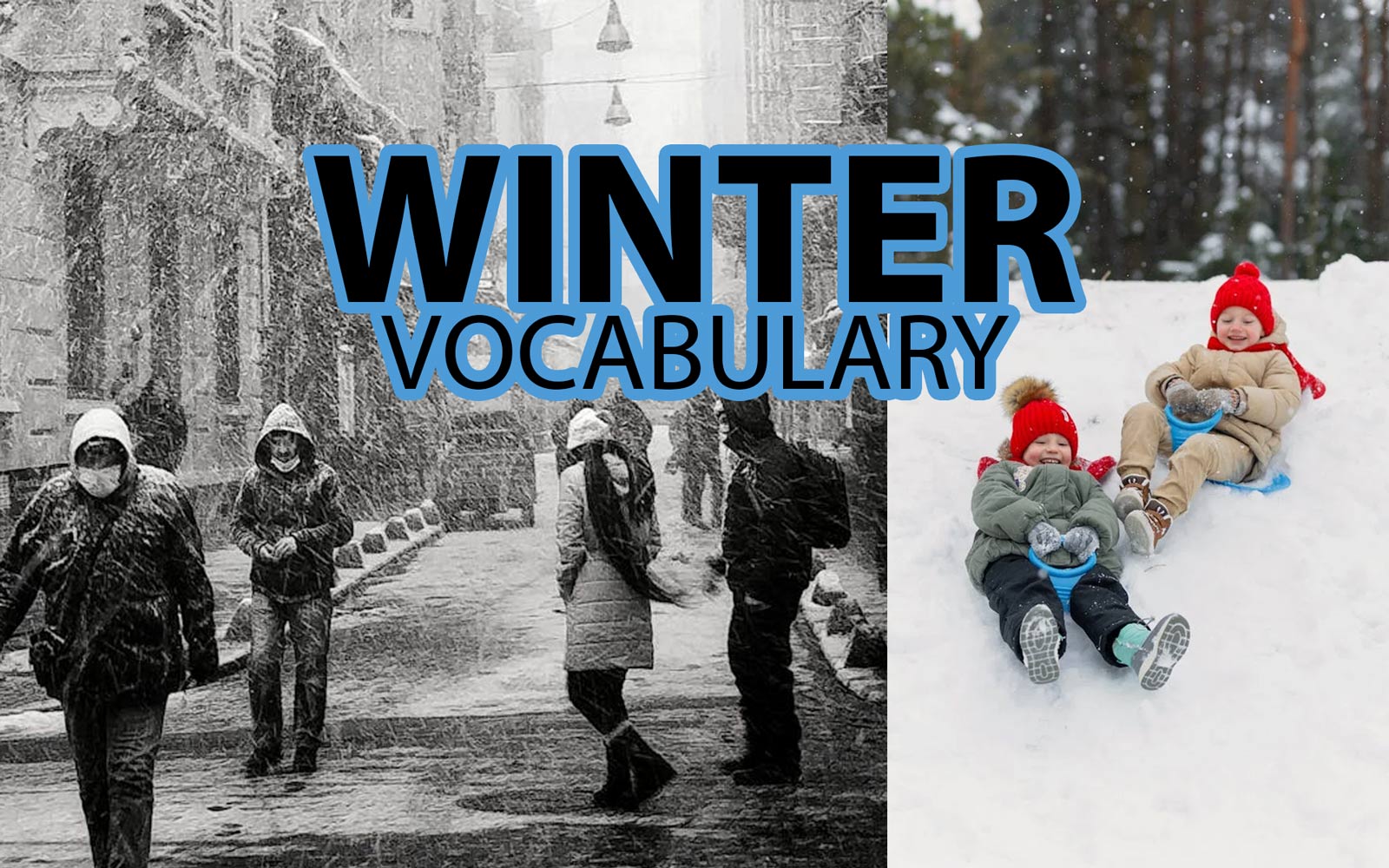“Good morning,” or “How are you guys?” or even “What’s up?” could be heard as standard or slang greetings in a business, school or person setting, in places like Toronto, Canada, where I’m from. I’ve heard and personally used a wide range of formal or informal expressions while saying “hello” and greeting people throughout my day.
In this micro-lesson I’ll share some of my favorite greetings, ranging from informal and standard to slang and idioms. Let’s start with the basics. For convenience I will stick to listing and briefly describing the level of formality. If you’d like a lesson or more extensive deep dive into this topic contact me and we can chat or work this into one of our first tutorial sessions!
Expressions from standard (formal or semi formal) to slang (very informal):
- Greetings / welcome
- Good morning (afternoon, evening)
- Hi / hello / hey / g’day
- How are you?
- What’s up? / Yo
Before we Begin (Backstory and Brainstorming)
Before you study these expressions it’s worth considering the nature of expressions and what you may already understand about the topic. Do you have favorite expressions for greeting people? What are they? Also consider how greetings may differ between English and your first language. Write a short answer or discuss.
A Range of Greetings – How do we interpret their meaning?
It’s worth noting that the degree to which anyone considers these expressions formal or informal depends on context and background. Are the speakers young or old? Is there much time for the greeting? Is the conversation in passing (quick, while on the move) or a sit-down situation? Do the speakers already know each other? What is their level of comfort? Many factors will influence
Lastly what is the difference between using a statement or a question in greeting? Is “hello” simpler and less formal than “how are you?” Do people sometimes substitute a question for a statement. Is it polite to nod your head and smile or are you obligated to reply?
How honest should your reply be? In some countries more or less “truthfulness” is expected in one’s answer. Be careful how much you share!
“Greetings” or “Welcome”
These expressions may be used primarily by hosts or authorities or those people, in other words, who are welcoming or greeting someone else. This could be in a school. business or shop (hence the person at the door of a retail store is called “the greeter”).
These expressions exude some sense of formality. they may be applied to everyone entering a place in the same way we can also say “bye bye” or “Take care” when someone is leaving a place. do you know the famous sketch on Saturday Night Live (a tv show known as “SNL”) where the airline attendants say “bu-bye” with various levels of sarcasm? It’s a funny piece.
“Good morning” (formal)
Along with good afternoon or evening, the expression “good morning” stands as one of the primary polite expressions you’re likely to encounter in public places from school to office to subway station or cafe.
Be aware that in spoken English this expression may be made less formal through abbreviation or shortening of the expression – you might just hear “morning!” or even a dropped final nasal sound as in “mornin’.” Obviously the level of enthusiasm also relays the level of formality. A chipper, positive tone may accompany either version.

To reference another item on the list, “G.day” might be used in Australia. What word is abbreviated? give it a second…
Do you have it? It’s “good” as in “good day.” Australians, Canadians, Americans and speakers from the UK or New Zealand are likely to have a range of variations in these greetings and other expressions. Study the versions most common in your region, whether that is North America, Europe or Oceania.
“Hi” or “Hello” (casual, standard)
It’s been a question that many of my students hevea asked and usually the answer is “either.” or perhaps we can say “it depends.” There may be a tiny amount of more formality around the longer “hello” but it isn’t significant.
Unlike some languages where the importance of who we are greeting might influence the form or choice or words, English doesn’t always make many distinctions like that. So while Koreans can use a number of “honorifcs” depending on the age or level of authority / respect of the speakers, English is less likely to make these same kinds of distinctions.
Example – saying “Hello, how are you?” in Korean
| Level | Phrase | Romanization |
|---|---|---|
| Casual | 안녕 | ahn-nyung |
| Polite | 안녕하세요 | ahn-nyung-ha-se-yo |
| Formal | 안녕하십니까 | ahn-nyung-ha-shim-neek-ga |
You can see that the longer the variation the more likely it is a formal greeting. If it’s short it is informal or casual. There is some parallel with English – therefore the use of “hi” is to a degree more casual than “hello” but we might say that making any such distinction is like “splitting hairs, ” which means that the attempt to differentiate the two is useless.
So go ahead and use whichever you are comfortable with.
Tip: Try saying “hey”
In less formal situations, as with friends or peers, you may even slip further down the casual ladder by employing the expression “hey” to achieve the same thing as “hi” or “hello.” Of course this may not be sufficient for a meeting with an important person but in many other situations this will be perfectly fine.
How are you?” – Question as greeting
In some contexts like business people passing quickly or friends and neighbors mocking through in the streets, there may be a need for questions as form of greeting. Two people suddenly see each other in front of a shop and one says “hey!” while the other replies “how are you?” and without necessarily stopping or pausing, the two may continue on their way. It just depends how busy they are. A parent with a child in arms or bag of heavy groceries will carry on after they have uttered a quick greeting. A senior on the other hands may pause and engage in small talk to really answer that question. “How am I?” they say to their friend or acquaintance, “if you have a moment let me tell you!.”
What’s up? / Yo
There is some level of extreme difference in this final pair of examples. Both could rightly be attributed in a popular cultural sense to urban or Black English. It is well known that street slang, as in greetings between young friends in the city, may well often include expressions like “What’s up” or the super short “yo.” These are substitutions for “hello and “how are you doing?”
It must be made clear however that even a grandmother or person from a small town could use an expression like “what’s up” or “yo.” Both have reached widespread common use. Remember also that asking a question in the form “what’s up?” is in fact a usual everyday format if you are asking about someone and have a concern about their well-being.
Image a child looking sad or unhappy – you might say “hey, what’s up?” and then ask if you can help in some way. On the street in some situations there may less time for formality. Perhaps a workers in a shop has stacked merchandise really high and it is swaying. “Yo!” I might say quickly, “your stock is about to tumble!” This use is a substitute for “hey!” or “watch out!”
Greetings are versatile
I love studying greetings and expressions for saying hello or goodbye. It;’s a fascinating subject area. Don’t worry so much about the subtle differences – try to focus on which are vaguely informal – great for everyday every situation use, and those that are formal enough for work or school or speaking with elders or authorities.
Most of all, practice these expressions and incorporate them in your speech. Also take time to watch some movies or television programs where the actors will use a range of greetings. This practice, making use of speaking and listening for reinforcement, will goal login way toward helping you improve your English.
Tip: take notes and use a journal
My every last suggestion is to use some kind of note-taking app or email yourself your new lists of interesting vocabulary. Some determined students even keep their new vocabulary in spread sheets! A great use for Google or Microsoft services. Each vocabulary entry can list the word or expression, the meaning or definition and examples of part of speech (is it a noun, Vern adjective or adverb?). Happy studying!
BONUS
To Shake Hands or Not Shake Hands
This topic was covered during the pandemic era in a related post on this blog.

It’s a very curious question and one that has risen in importance in the post-pandemic era. My feeling is that unless you are feeling unwell you should treat the situation as a “when in Rome” idea – do whatever your host or others are doing.
If someone sticks out their hand for a handshake go ahead and shape hands, but otherwise it is perfectly fine to sit back and stick to verbal greetings rather than physical ones. What do you think about this?
Topics like hand-shaking and greetings are favorites of mine and important to students who are trying to familiarize themselves with Canadian or western customs and try to prepare for social interactions in the business world or educational environments.
Hire me – I’m available to help you with your English or general communications
My name is Mike and I appreciate you stopping by and reading this post. Do you have a question about English communication or are you considering a tutor? Please feel free to get in touch.
Contact me today. I will try to assist. Cheers and talk to you soon.








